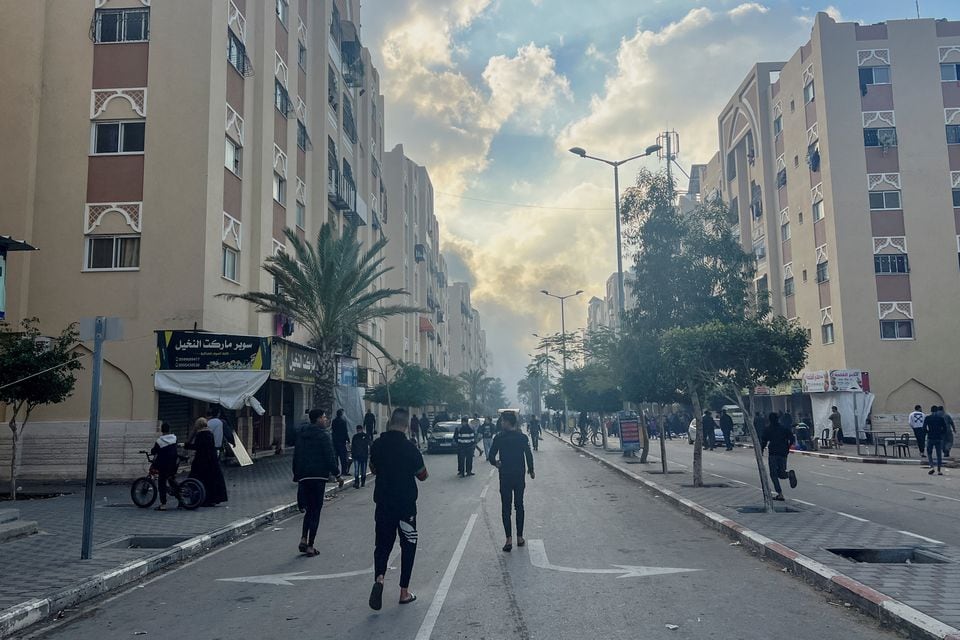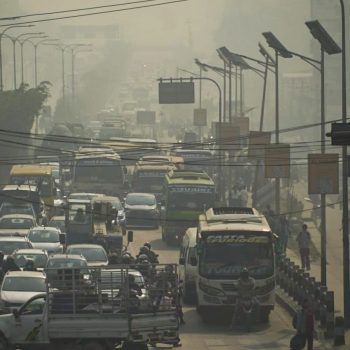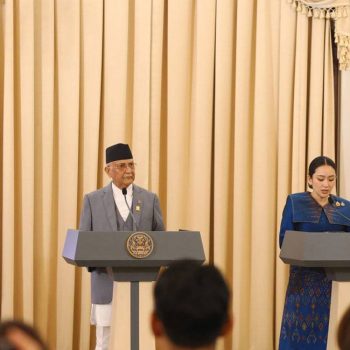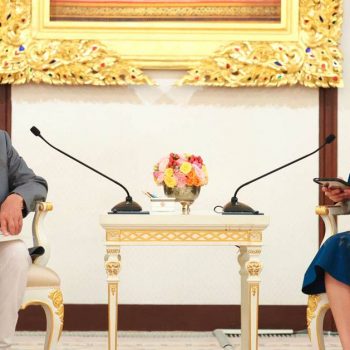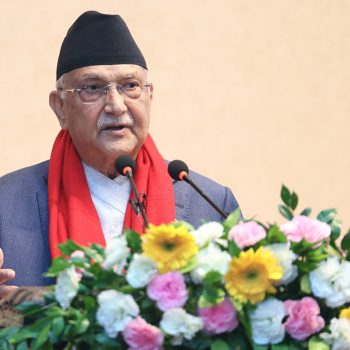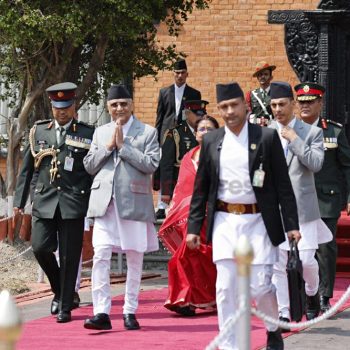India tally crosses 116k riding on Omicron surge
 NepalPress
NepalPress
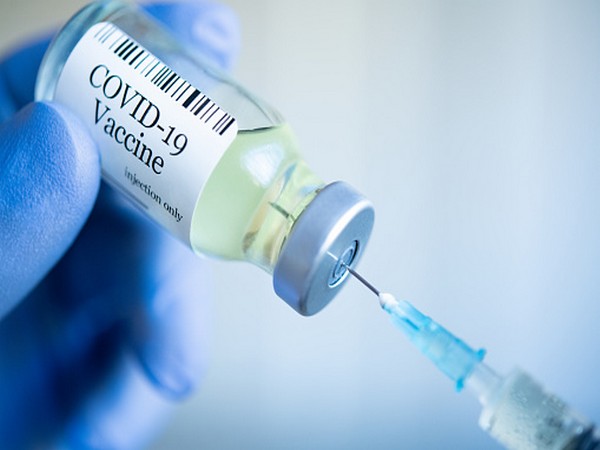
India on Thursday added more than 116,000 new cases of Covid-19, the highest single-day increase since June 5, 2021, as the massive surge propelled by the Omicron variant continued to send daily infections soaring through the country, Hindustan Times reported.
Thursday’s case count of 116,838 means that daily cases have now grown more than 10-fold in just 10 days (there were just 9,155 new infections on December 28) – a speed of rise in infections previously unseen in the two years of the pandemic in the country.
To be sure, such a sharp rise in daily infections is keeping in line with trends in Covid waves seen across the world due to the highly transmissible Omicron variant. Experts have said that while infections of the new variant, which was first discovered in South Africa in early November, are spreading a lot faster than previous iterations of the coronavirus, they are largely asymptomatic or mild, with only small fraction resulting in deaths across the world.
In India, the country’s metropolitan cities continued to be the ones reporting the largest surges.
In Delhi, there were 15,097 new cases reported on Thursday – the highest since May 8 last year. In just the past two days, daily cases in the Capital have tripled – there were 5,481 new infections on Tuesday, and 10,665 on Wednesday.
A surge of similar magnitude is being witnessed in Mumbai, where 10,606 cases on Tuesday and 15,014 on Wednesday, were followed by 19,780 new infections on Thursday. On Tuesday, Kolkata reported 4,759 daily cases on Tuesday, 6170 on Wednesday, while on Thursday, there were 6,569 infections in the city.
Pushed by the numbers from these cities, Maharasthra, West Bengal and Delhi, remained the regions reporting the most numbers in the city. There were 36365 new cases reported in Maharasthra on Thursday, the most in any state in the country, and the highest single-day jump in the western state since May 16, 2021. West Bengal’s addition of 15421 new cases was the most in a day since May 26 last year, data shows.
Maharashtra alone accounts for a third of all new infections of Covid-19 reported across India in the past week, while another third of all cases have come from a combine of West Bengal, Delhi and Kerala in the same time period.
Dozens of state government across the country have already imposed night curfews and weekend lockdowns, as well as closed schools. Political rallies, however, have continued in several states where elections are due in the next few weeks and months.
Meanwhile, the Union health ministry on Thursday directed all states to re-establish 24×7 control rooms at district and sub-district levels, to ensure ease of access to services like ambulance transportation and booking a hospital bed for serious patients, considering the rapid increase in cases.
“For seamless administrative management of Covid-19 situation, it is expected that targeted action for re-establishment of control rooms at district and sub-district levels (for bigger districts) to ensure ease of access to services like ambulance transportation and booking a hospital bed,” read the letter written by Arti Ahuja, additional secretary, health ministry.
The control rooms will have to be adequately staffed with medical doctors, counsellors, and volunteers, among other relevant staff. The Centre’s directive emphasised upon the need for enabling infrastructure in terms of computers and broadband in these control rooms for uninterrupted connectivity, and ample phone lines to cater to the assigned population.
Depending on the caseload, the control rooms have been asked to remain functional round the clock to provide validated guidance or support to the patients in need.Control rooms will also have real-time data on availability of Covid testing centres, ambulances, and so that the staff is able to guide the caller on the process for availing these services.
They will also monitor the availability of different types of beds across health facilities and the staff will counsel the patients or attendants to avail only the required services based on clinical symptoms and availability of beds. Therefore, it will serve to ensure clear and transparent mechanism for allotment of beds.
These control rooms will also be responsible to make outbound calls to the patients under home isolation for regular monitoring.
Experts say that it is prudent to have a well-oiled machinery in place for effective management of cases, particularly at a time when the country’s caseload is increasing so fast.
“Timely treatment of a serious patient impacts the outcome a great deal; therefore, it is important for a patient needing hospitalisation to reach a hospital in time. We have seen in previous waves, many of the patients that were lost was because there was delay in accessing medical assistance,” said Dr KK Talwar, senior cardiologist, and former chairman, board of governors, Medical Council of India.




